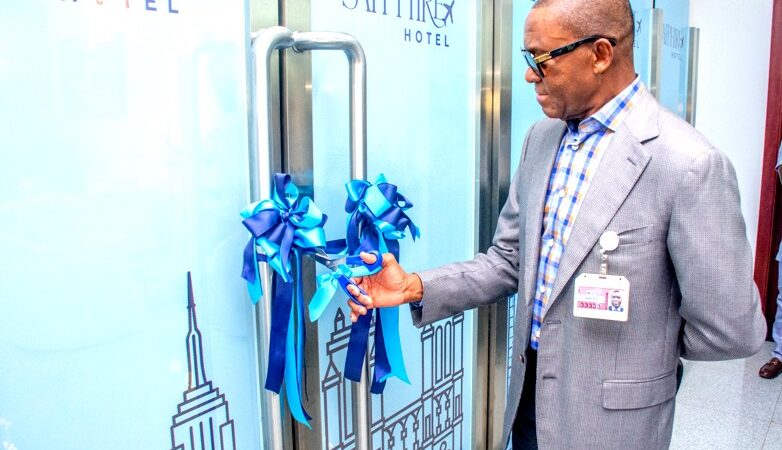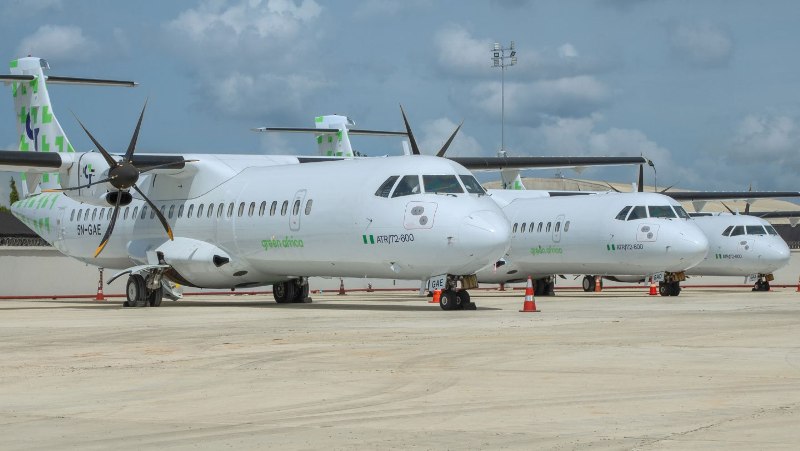Manpower Overload In Aviation Causes Economic, Safety Problems, Says Mshelia

The Chairman of West Link Airlines Limited, Capt. Ibrahim Mshelia says Nigeria’s aviation manpower has not been properly managed, stating that overloading an aviation outfit “with people who have no business being there”, causes economic and safety problems for the industry.
Mshelia spoke yesterday at Providence Hotel, Ikeja, Lagos after receiving an Award of Excellence under Nigeria’s Aviation Hall of Fame, held during the launch of a book titled Nigeria’s Aviation: Unsung Heroes & Heroines, co-authored by Wole Shadare and Gboyega Adeoye.
He said: “Aviation is not a Father Christmas business. Until we really take the bull by the horns and begin to run aviation the way we are supposed to, we may not get it right. It shouldn’t be just because I am a House of Representatives Member, Senator or Governor, I should give my brother or sister a job in aviation. No! Aviation is for trained professionals and is supported by about 10% support staff.
I want to say it again. Let the whole world hear it. We have not managed the manpower in aviation properly. We are where we are because we have refused to listen to voices like mine, telling us that it is only people who have business in aviation that should be there. All these 40,000 employees in aviation is not going to help us. Today, we have to pay these 40,000 employees and it is the airlines and support services like handling companies that have to generate this money from people flying into Nigeria. That’s why we are buying tickets higher than anywhere else because if I am flying into your country and I have to pay so much to fly in and out, I will amortize my expenditure to come. Then, add my profit. That’s why Nigerians pay more on tickets. The fact that we have foreign exchange starvation is not the problem. Foreign exchange starvation is all over the place but our own is magnified by the fact that we have stubbornly refused to accept professional advice that you do not overload an outfit with people who have no business there. One, they are a safety problem. Two, they are an economic problem. Once you have these two, economic and safety problems are not what you allow.”






